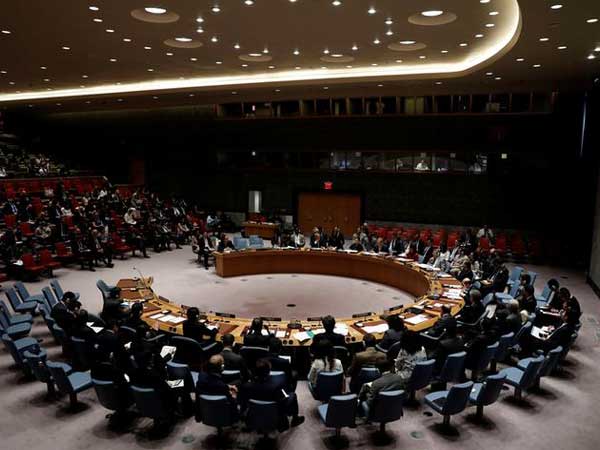Caracas: United Nations High Commissioner for Human Rights Michelle Bachelet has called upon Venezuelan government and the opposition to put aside their deep political differences and commit to a dialogue aimed at ending the month-long political crisis in the South American nation.
“I have appealed to all political leaders to engage constructively with the talks facilitated by Norway and other such efforts to address the current political situation in Venezuela,” Bachelet said.
“The fate of more than 30 million Venezuelans rests upon the leadership’s willingness and ability to put the human rights of the people ahead of any personal, ideological or political ambitions.
“I understand the scepticism in Venezuela about the possibility of any such talks succeeding but the dire situation here demands of its leadership the resolve to try,” she added.
Her comments came at the end of a three-day visit to the country on the invitation of embattled President Nicolas Maduro, who has faced allegations of cracking down on political opponents amid rampant hyperinflation and shortages of food, medicines and necessary goods.
In the report, the UN rights chief also said: “We have reached an agreement with the government for a small team of human rights officers to be based here, with the mandate to provide technical assistance and advice, as well as – importantly – to continue to monitor the human rights situation in Venezuela.”
During her visit, the UN official further urged authorities in Venezuela to release the imprisoned dissidents and said that the humanitarian situation in the crisis-wracked country has ‘astonishingly’ deteriorated.
“I welcome the release of opposition lawmaker Gilbert Caro from the custody of the intelligence agency, SEBIN. I also welcome the release of Melvin Farias and Junior Rojas, but I have called on the authorities to release all those in detention or otherwise deprived of their liberty for peaceful dissent,” Bachelet said.
Meanwhile, Maduro, on his part, reportedly hailed Bachelet’s visit as a “first step” in fostering strong relations between Venezuela and the UN and he also promised to earnestly consider her input.
The South American nation continues to be in the throes of a political crisis. National Assembly President Juan Guaido had proclaimed himself to be the President of the nation amidst protests for Maduro’s removal in Caracas this January.
The United States immediately recognized Guaido as the interim President of the nation, rallying support for the leader. Over 50 countries have backed Guaido and called for Maduro to step down. They believe that the elections which propelled Maduro to power were rigged.
However, Maduro maintains that his rival’s efforts are part of a US-backed coup intended to remove him from office.
[source_without_link]ANI[/source_without_link]

